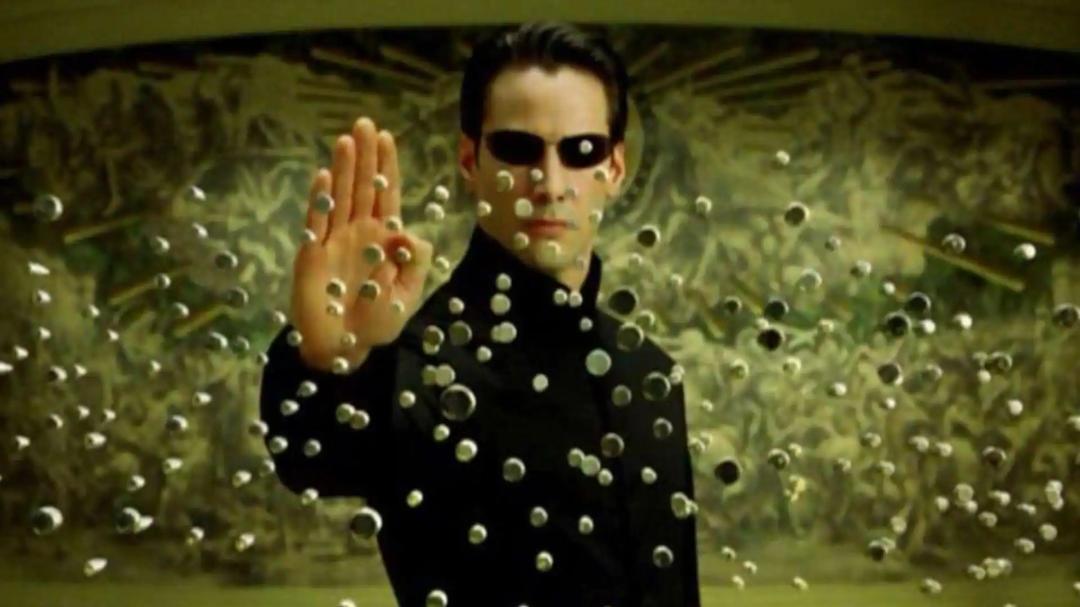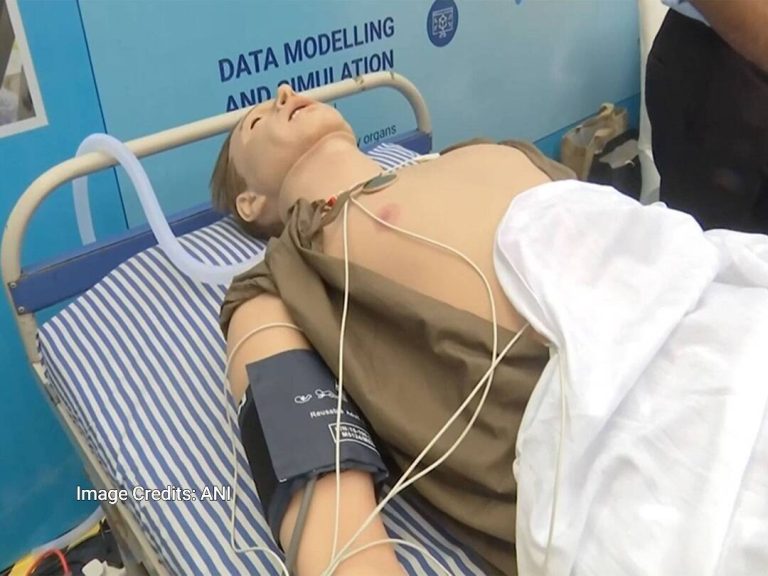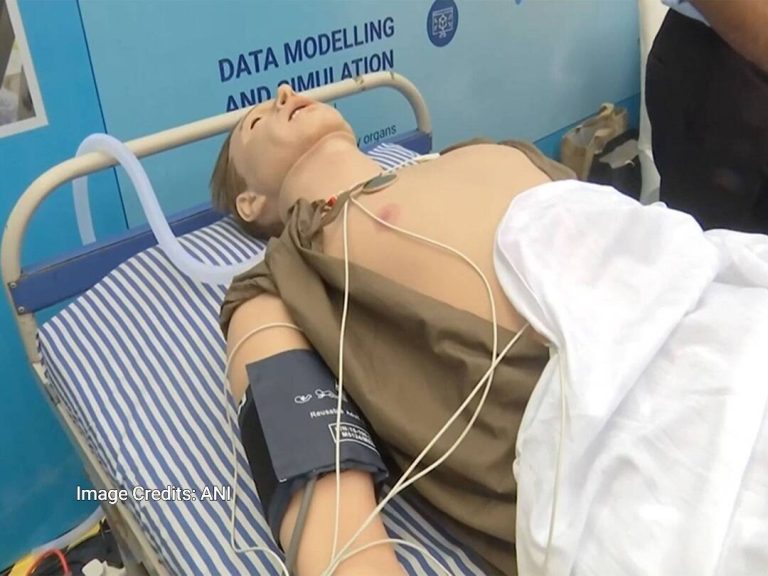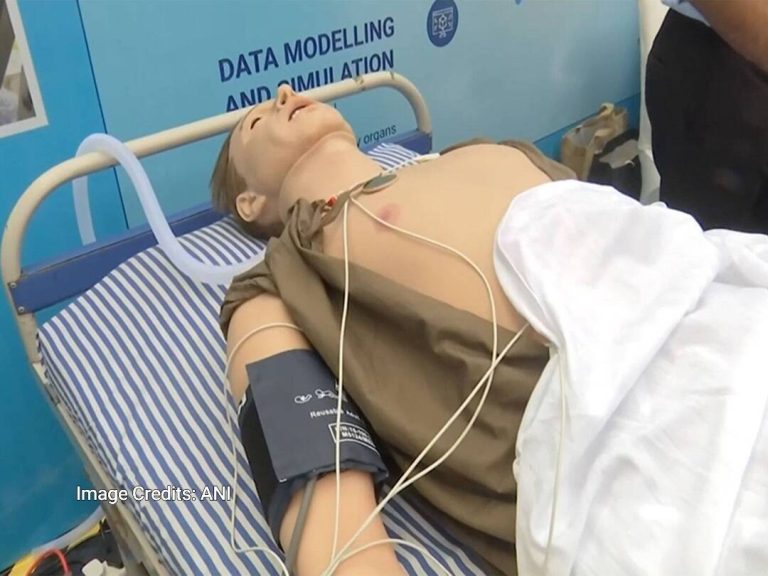
Physicists prove universe isn’t a computer simulation like in ‘The Matrix’
The idea that our universe is a computer simulation, popularized by the iconic 1999 film “The Matrix,” has been a topic of debate among physicists and philosophers for years. The concept, also known as the “Simulation Hypothesis,” suggests that our reality is a complex simulation created by a more advanced civilization. However, a recent study by physicists from the University of British Columbia Okanagan (UBCO) has mathematically proved that this hypothesis is unlikely to be true.
According to a press release, the researchers have shown that the universe is not a computer simulation, but rather it’s built on “a type of understanding that exists beyond the reach of any algorithm.” This conclusion is based on the idea that the fundamental laws of physics cannot be contained within space and time, because they generate them. In other words, the laws of physics are not bound by the same rules that govern the universe, and therefore, they cannot be simulated by a computer.
The study’s co-author explained that the fundamental laws of physics are not like a set of instructions that can be programmed into a computer. Instead, they are more like a set of principles that underlie the fabric of reality itself. “The laws of physics are not something that can be reduced to a set of algorithms or equations,” the co-author said. “They are more like a way of understanding the world that is beyond the reach of any computer simulation.”
This conclusion has significant implications for our understanding of the nature of reality. If the universe is not a computer simulation, then what is it? The researchers suggest that the universe is a complex, dynamic system that is governed by a set of principles that are beyond our current understanding. These principles are not something that can be programmed into a computer, but rather they are an inherent part of the fabric of reality itself.
The idea that the universe is a computer simulation has been popularized by philosophers and scientists such as Nick Bostrom, who argued that if a civilization were to develop a realistic simulation of reality, it would likely create multiple simulations, resulting in an infinite number of simulated universes. However, the UBCO study suggests that this idea is unlikely to be true, and that the universe is something much more complex and nuanced.
The study’s findings are based on a mathematical analysis of the fundamental laws of physics, including the laws of quantum mechanics and general relativity. The researchers used a combination of mathematical techniques, including differential geometry and category theory, to show that the laws of physics cannot be reduced to a set of algorithms or equations. Instead, they found that the laws of physics are an inherent part of the fabric of reality, and that they cannot be simulated by a computer.
The implications of this study are far-reaching, and challenge our current understanding of the nature of reality. If the universe is not a computer simulation, then what is the nature of reality? Is it a complex, dynamic system that is governed by a set of principles that are beyond our current understanding? Or is it something else entirely?
The UBCO study provides a significant contribution to our understanding of the nature of reality, and challenges the idea that the universe is a computer simulation. The study’s findings suggest that the universe is something much more complex and nuanced, and that it cannot be reduced to a set of algorithms or equations. Instead, it is a dynamic, ever-changing system that is governed by a set of principles that are beyond our current understanding.
In conclusion, the UBCO study provides significant evidence that the universe is not a computer simulation, but rather a complex, dynamic system that is governed by a set of principles that are beyond our current understanding. The study’s findings have significant implications for our understanding of the nature of reality, and challenge the idea that the universe can be reduced to a set of algorithms or equations. As we continue to explore and understand the nature of reality, it is clear that there is still much to be discovered, and that the universe is a complex and mysterious place that is full of wonder and surprise.





